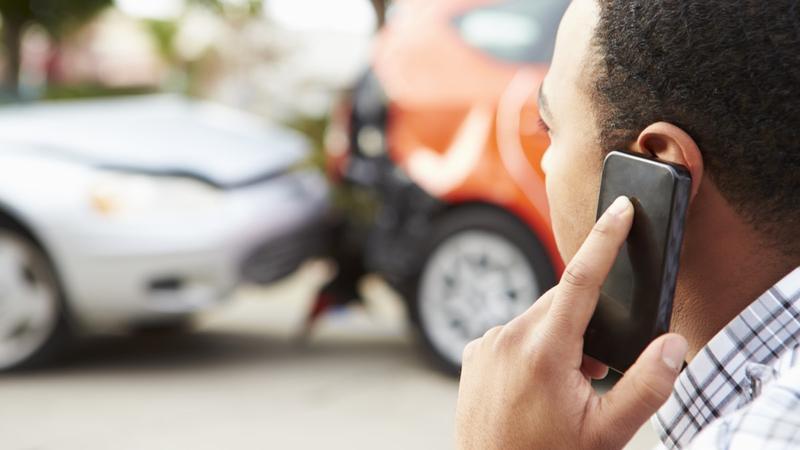- Collision and comprehensive coverages are optional additions to your car insurance policy, and you may want to retain them depending on your needs.
- Collision coverage can help cover the costs associated with damage to your vehicle from an accident, regardless of who is at fault.
- Comprehensive coverage may cover damages from risks or perils such as theft, vandalism, hail, and flying debris.
Call it an insurance conundrum: we all want to make sure we have the right amount of auto insurance protection, but we also want to pay as little as possible for that coverage. Fair enough. Unfortunately, it doesn’t always play out that way. So what can you do?
One of the things you might want to consider is whether or not it’s necessary to have certain types of coverage as part of your policy, such as collision and comprehensive.
What is collision coverage?
Collision coverage is optional. It helps cover costs associated with damages to your vehicle if you are in a car accident, regardless of who is at fault. It also provides coverage for a hit-and-run should that happen.
If your vehicle is more than 10 years old, and you don’t think it’s of much value, then you may feel that it’s not worth the amount you’re paying for collision coverage in your overall premium. So, if your car is only worth around $2,000, and your collision coverage deductible is $1,000, you might want to drop the coverage and go without it.
There isn’t a set benchmark for when collision coverage is no longer needed. Think of it this way: if you get into an accident and your vehicle needs repairs, how much will it cost, and can you afford to pay for the repairs yourself?
Also, keep in mind how often and where you drive. For instance, if you drive your car in urban areas or on highways regularly, or if you drive it during the winter when road conditions are dodgy, you might want to retain your collision protection.
